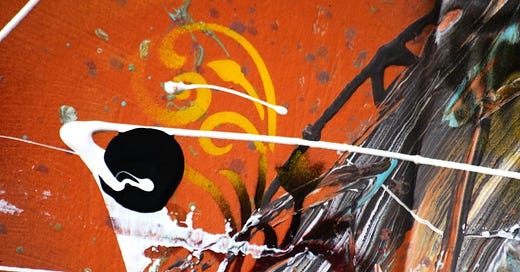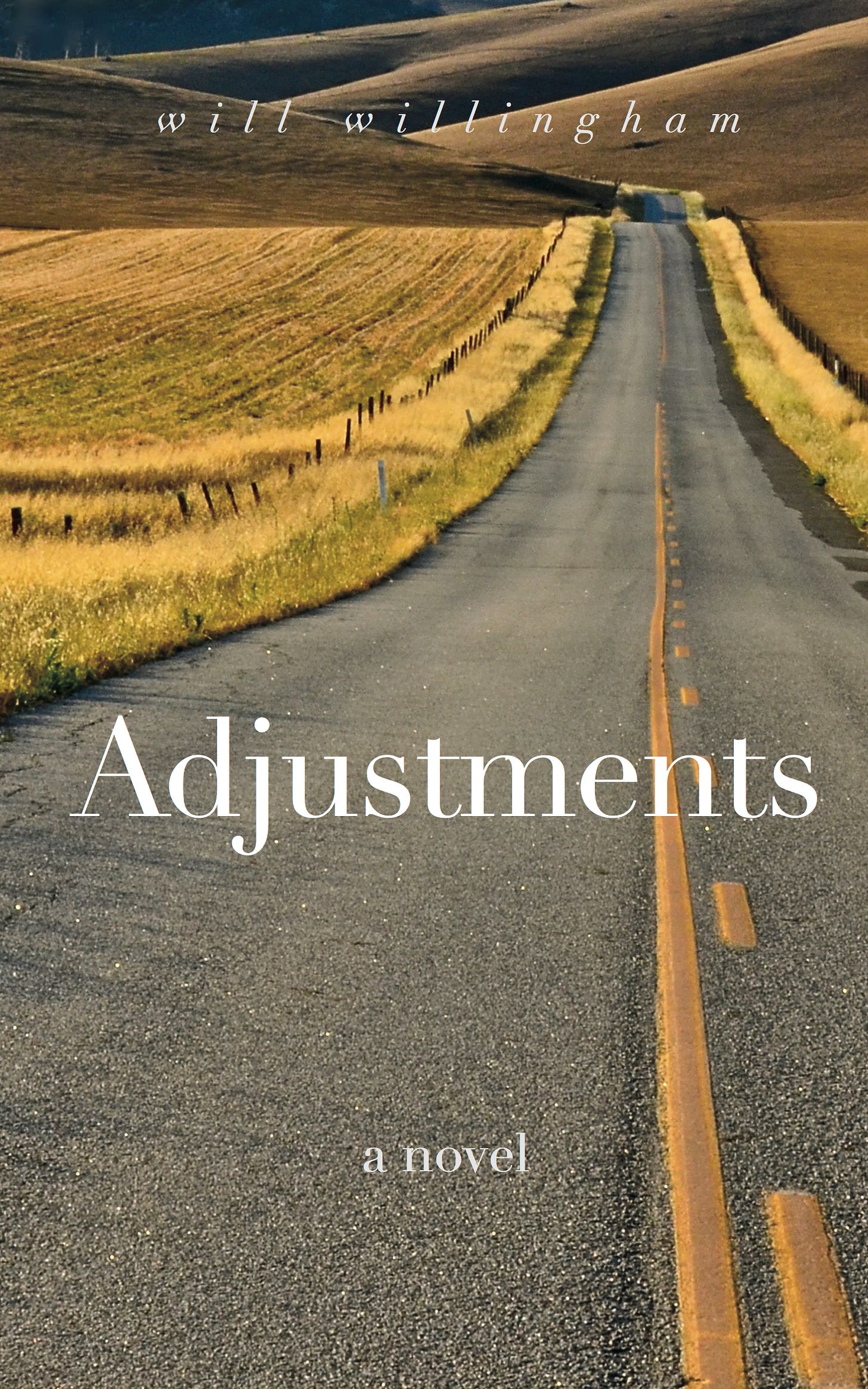We’re sharing a book club that was once hosted by now-author Will Willingham.
A few things have changed in Will’s life since he first led us in
reading Ordinary Genius. But poetry is not one of them…
By this time, I’m ready to ask the chicken question.
I’ve been scratching around for an angle, and even as I type this, I don’t have one. But Kim Addonizio tells me I don’t have to know where I’m going when I start writing, and even goes so far as to say it might be best not to. If that’s true, then I could walk her way and ask the age-old question to see if it gets me all the way across the boulevard.
(Addonizio got a poem out of it when she tried.)
So what do you think? Why did the chicken cross the road?
It’s a question I refuse to answer, frankly. There are as many punchlines to the chicken joke as there are eggs in one basket, and no matter which I choose, the joke tellers in my family will hatch another. Some things, I figure, are better left unsaid and unknown.
In Ordinary Genius, Addonizio tells us that poems are often not about what the poet knows, but what he doesn’t, and that the poem itself “can open a field of inquiry.”
If you know too much when you start out, your poem may fail because there is nothing to discover. You’ve closed all the doors, in advance, for yourself and your reader.”
I wonder about that fine line between knowing enough and knowing too much. My chicken coop has only one door, and it seems I closed it so far in advance I don’t know how to get back out today. This week’s Ordinary Genius reading has an exercise in which the reader is to describe an object in detail. That much I know.
What I don’t know, because I can’t relocate the exercise no matter how many times I reread the chapters, is why I was to describe the object and what I was to do after describing it. (Why not try a different exercise from the chapters, you ask? One whose instructions I could locate, perhaps? Because the section seeking to discern the motivation of road-crossing chickens was juxtaposed against a backdrop of sex and standing naked in front of a three-way mirror, and I simply was not in the mood.)
If it’s not chickens, it’s feathers, you know.
Despite the not-knowing, I did write a detailed description of the object that was most present at the time of the reading: my clothes dryer. (Watch now, how I make the smooth segue from chickens to laundry.) By unlikely coincidence, my dryer shrieks just like a chicken which, for reasons of mass transit, did not quite make it across the road.
With said description in hand, I pulled out a poem I recently wrote about the screaming dryer (and nothing to do with poultry) and reworked it to fit the exercise, real or imagined. This, naturally, raises questions about chickens and eggs, and which may have come first. But that’s neither chickens nor feathers.
Bearing
It’s the background sound, track that plays
all day between blue jeans and boxer shorts.
Drop another load of whites, move the darks
and it starts, grinding metal on metal deep
in the machine, out of sight, over and over.
It turns with the drum, changing tune,
sometimes soft or adding a rest,
but always, always repeating, piercing,
until you don’t hear the noise
and at the same time hear nothing but.
Sounds like a bearing’s going bad,
the serviceman says, but he’s just here
to empty loose coins from the washer pump,
indifferent to the scraping, shrieking
no one can really stand
and no one really minds.
Yes, he could fix it, he supposed,
but may as well bear with
until it gives way.
Won’t ruin anything, after all, he said,
that’s not already broken. I’ll bet
you hardly notice anymore.
I sit on a hard chair at my kitchen table,
stare across dullness, a scuffed floor
to the laundry and count
how many days we might wear
the same socks and t-shirts.
That’s when I know–
some day, the dryer is going
to have to break.
Addonizio was right. I could start writing without knowing where I was going. I could even start writing with the chicken question. And before long I’d have something. She didn’t, however, say what it was that I would have.
Why did the chicken cross the road? I suspect it had something to do with a laundromat.
Adjustments: A Novel by Will Willingham
Photo by Ms. Uppy, Creative Commons, via Unsplash. Post by Will Willingham.







